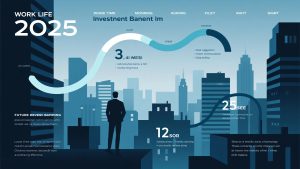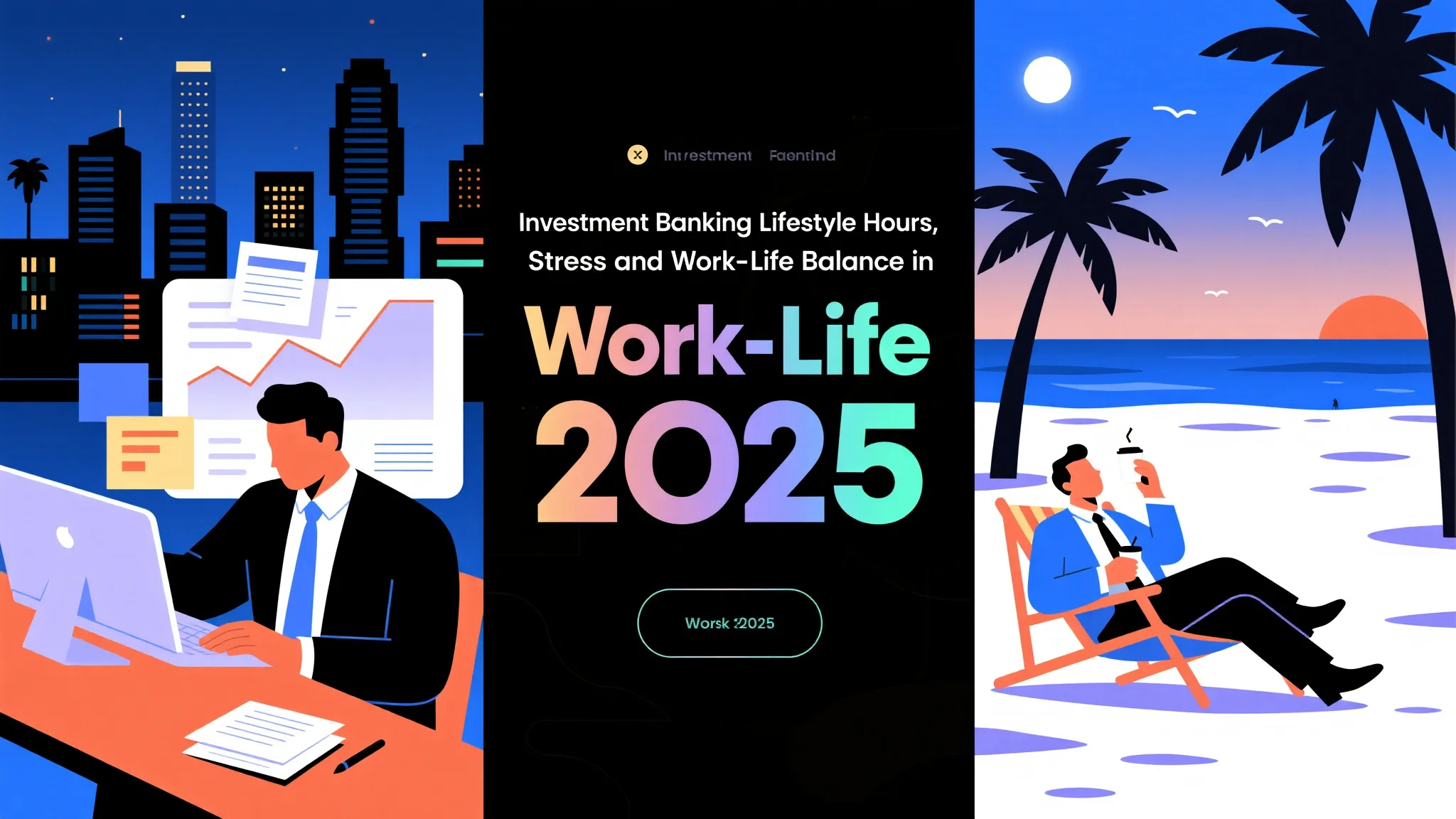The Evolving Landscape of Investment Banking Hours in 2025
The discussion around investment banking work hours 2025 continues to evolve as the industry adapts to new technologies and workforce expectations. While the stereotype of 100-hour workweeks persists, many firms are implementing structural changes to improve efficiency and reduce unnecessary overtime. The widespread adoption of AI-assisted deal modeling and automated documentation has allowed analysts to focus on higher-value tasks, potentially reducing some of the most grueling aspects of the job.
However, the nature of client demands means that investment banking work hours 2025 still fluctuate dramatically depending on deal flow. The most significant change has been the implementation of “protected weekends” at many bulge bracket banks, where junior staff are guaranteed at least one full weekend off per month. This policy, combined with more efficient workflow tools, has helped alleviate some of the industry’s worst excesses while maintaining client service standards.
Managing Stress in High-Pressure Finance Roles
Effective investment banker stress management has become a critical skill as the pace of global deals accelerates. Forward-thinking firms now incorporate mental health training into their analyst programs, teaching techniques like mindfulness meditation and tactical breathing exercises. Many banks have also established internal mentorship programs where senior bankers share their personal strategies for handling high-stakes situations without burning out.
The conversation around investment banker stress management has shifted from individual coping mechanisms to systemic solutions. Some institutions have introduced “no-meeting” blocks during the workday to allow for focused analytical work, while others use AI to predict and prevent workflow bottlenecks before they create crisis situations. These innovations help create more predictable work patterns, reducing the chronic stress that plagued previous generations of bankers.
Redefining Work-Life Balance in Finance Careers
The concept of work life balance in finance has undergone significant redefinition in recent years. While investment banking still demands substantial time commitments, many professionals are finding creative ways to integrate personal priorities with career ambitions. The rise of hybrid work models allows bankers to occasionally work from home for focused analysis while maintaining in-office presence for critical client meetings and collaboration sessions.
Achieving work life balance in finance in 2025 often involves setting clear boundaries and leveraging technology effectively. Smart scheduling systems now help bankers cluster meetings and calls to create blocks of uninterrupted work time. Some firms have introduced “flex pods” where teams can temporarily redistribute workloads during personal emergencies or important family events, creating a more sustainable long-term career path in the industry.
Technological Impacts on Banking Workflows
The transformation of investment banking work hours 2025 is largely driven by advanced deal execution platforms. These integrated systems combine document automation, real-time collaboration tools, and AI-assisted valuation modeling to streamline previously manual processes. While the learning curve for these tools can be steep initially, they ultimately allow bankers to accomplish more in less time while reducing errors that previously required all-night correction sessions.
These technological advances also support better investment banker stress management by providing clearer visibility into deal timelines and resource requirements. Predictive analytics help teams anticipate crunch periods and prepare accordingly, while automated status reporting reduces the anxiety of last-minute information requests. The result is a work environment that remains intense but becomes more predictable and manageable.
Cultural Shifts in Investment Banking
The changing expectations around work life balance in finance reflect broader generational shifts in workplace values. Millennial and Gen Z bankers increasingly prioritize sustainable career paths over short-term financial gains, pushing firms to reconsider traditional promotion timelines and compensation structures. Some banks now offer alternative career tracks with slightly reduced compensation but more manageable hours for those prioritizing lifestyle considerations.
This cultural evolution has made investment banker stress management a competitive differentiator in talent recruitment and retention. Firms that provide comprehensive wellness programs, including on-site health services and subsidized fitness memberships, often attract higher-quality candidates. The most progressive institutions have even begun measuring and optimizing for employee satisfaction metrics alongside traditional financial performance indicators.

Future Outlook for Banking Professionals
As we look beyond investment banking work hours 2025, the industry appears poised for continued evolution. The growing importance of ESG (Environmental, Social, and Governance) factors in deal-making may create new specializations that offer more regular schedules than traditional M&A work. Similarly, the expansion of private capital markets and SPAC alternatives has diversified career paths within finance, providing options for those seeking different balances between compensation and lifestyle.
The ongoing conversation about work life balance in finance suggests that the industry’s future will belong to those who can deliver exceptional results while maintaining personal well-being. Banks that successfully implement humane work practices without sacrificing deal quality may gain significant competitive advantages in attracting top talent. For individual bankers, developing robust investment banker stress management techniques remains essential for building durable, rewarding careers in this demanding but financially rewarding field.



